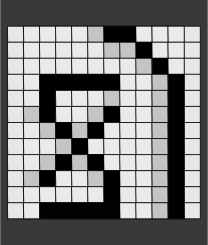5 releases
| 0.1.5 | Nov 21, 2024 |
|---|---|
| 0.1.4 |
|
| 0.1.3 | Oct 18, 2024 |
| 0.1.1 | Aug 21, 2024 |
| 0.1.0 | Jun 26, 2024 |
#328 in Embedded development
41 downloads per month
16KB
354 lines
Embedded-COTOutf8
COTO is derived from the Gujarati word કોતો, meaning 'engrave.' It refers to a concept where data sizes are fixed. COTO is a library that translates numerical primitives into readable ASCII UTF-8 arrays.
Example
Convert primitives data type to specific Byte(character) array for str
// for i8
let num: i8 = -127;
let binding = num.coto_utf8();
let result = core::str::from_utf8(&binding).unwrap();
assert_eq!(result, "-127")
// for f32
let num: f32 = 1524.001;
let binding = num.coto_utf8();
let result = core::str::from_utf8(&binding).unwrap();
println!("{}", result); // OUTPUT:` 1524.024`
Debug or Display for ufmt By default ufmt feature enabled or fmt
let num = DebugODisplay(44245.12f32);
println!("{}", num);
ufmt::uwriteln!(serial, "{}", num); // for ufmt
implemented for i8,i16,132,i64,u8,u16,u32,f32,f64
Dependencies
~1.5MB
~39K SLoC
